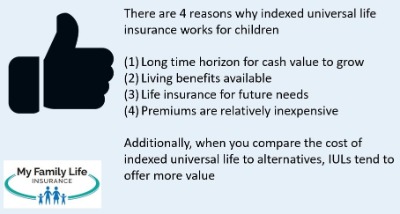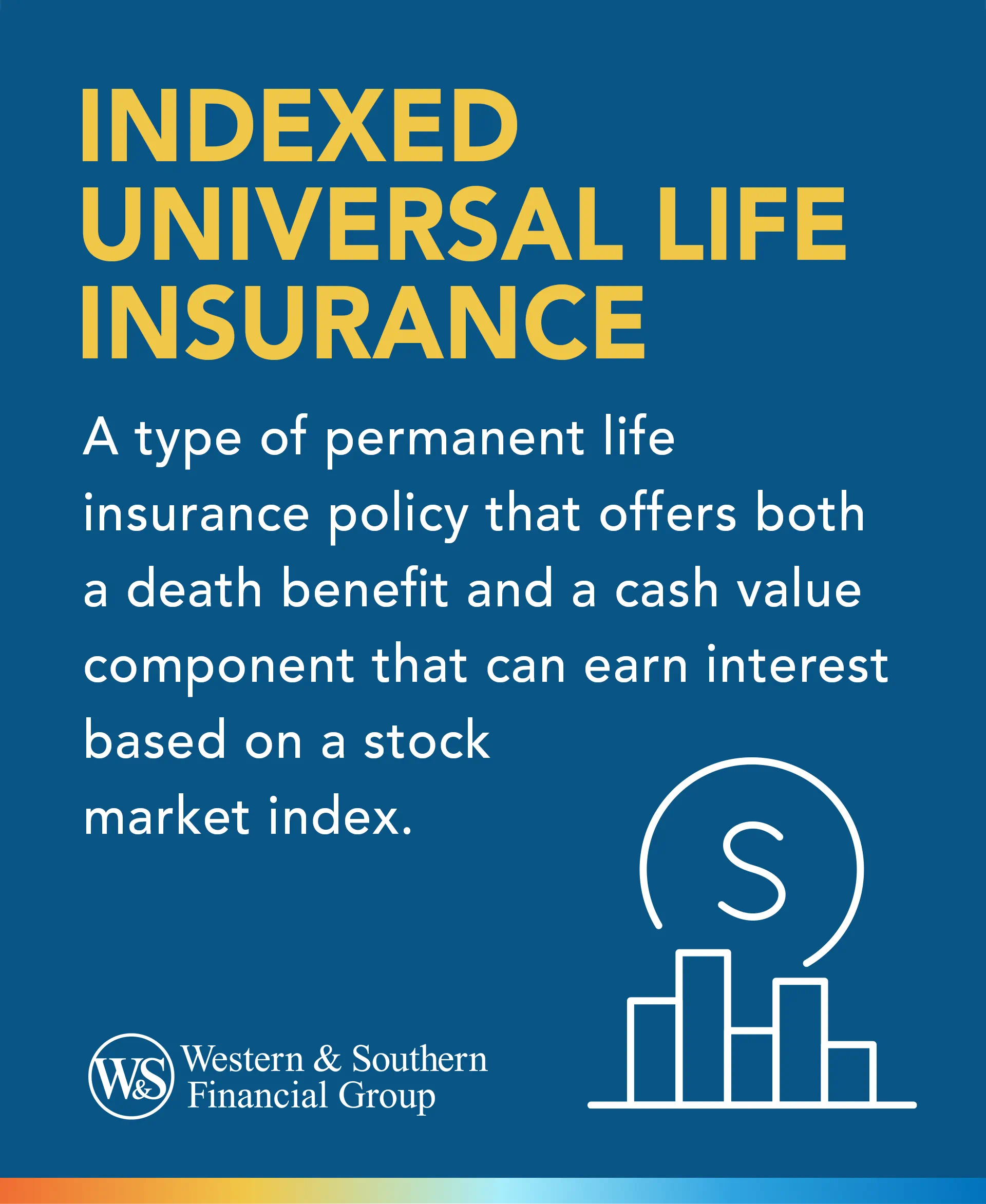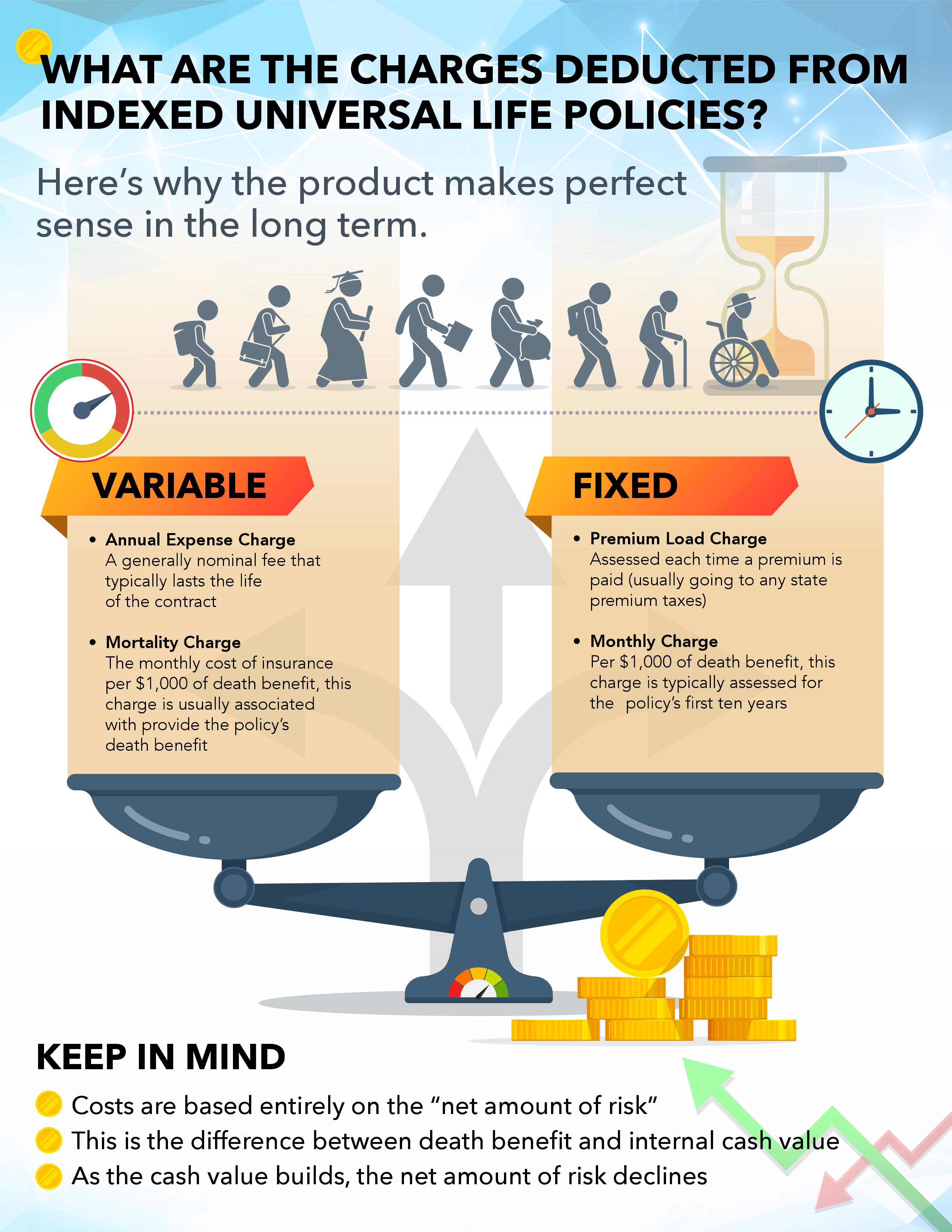All Categories
Featured
Table of Contents
Do they contrast the IUL to something like the Lead Total Supply Market Fund Admiral Shares with no tons, an expense proportion (EMERGENCY ROOM) of 5 basis points, a turnover proportion of 4.3%, and an exceptional tax-efficient document of distributions? No, they contrast it to some awful proactively taken care of fund with an 8% lots, a 2% ER, an 80% turn over proportion, and a horrible record of short-term funding gain distributions.
Mutual funds usually make yearly taxed circulations to fund proprietors, also when the worth of their fund has actually gone down in worth. Common funds not just need income reporting (and the resulting yearly taxation) when the mutual fund is rising in worth, but can additionally impose revenue tax obligations in a year when the fund has decreased in value.
That's not just how shared funds function. You can tax-manage the fund, collecting losses and gains in order to reduce taxed distributions to the financiers, yet that isn't in some way mosting likely to change the reported return of the fund. Only Bernie Madoff kinds can do that. IULs stay clear of myriad tax catches. The possession of common funds might require the shared fund owner to pay approximated tax obligations.

IULs are easy to place to ensure that, at the proprietor's death, the beneficiary is exempt to either income or inheritance tax. The same tax obligation decrease strategies do not work nearly also with shared funds. There are countless, typically pricey, tax traps related to the moment trading of mutual fund shares, catches that do not apply to indexed life insurance policy.
Chances aren't extremely high that you're mosting likely to be subject to the AMT as a result of your shared fund circulations if you aren't without them. The remainder of this one is half-truths at finest. For instance, while it holds true that there is no revenue tax due to your successors when they inherit the profits of your IUL plan, it is additionally true that there is no revenue tax obligation due to your successors when they acquire a shared fund in a taxable account from you.
Universal Life Crediting Rate
There are better methods to prevent estate tax issues than acquiring investments with reduced returns. Common funds might cause income taxation of Social Safety and security benefits.

The growth within the IUL is tax-deferred and may be taken as free of tax revenue through lendings. The plan proprietor (vs. the mutual fund supervisor) is in control of his or her reportable revenue, therefore enabling them to decrease and even remove the taxes of their Social Safety and security benefits. This is great.
Below's an additional very little problem. It's true if you purchase a shared fund for state $10 per share simply prior to the circulation day, and it disperses a $0.50 distribution, you are after that mosting likely to owe taxes (probably 7-10 cents per share) although that you haven't yet had any kind of gains.
In the end, it's really about the after-tax return, not just how much you pay in tax obligations. You're also probably going to have more money after paying those tax obligations. The record-keeping requirements for possessing mutual funds are considerably more complex.
With an IUL, one's records are maintained by the insurance provider, copies of yearly statements are mailed to the proprietor, and distributions (if any type of) are completed and reported at year end. This one is likewise kind of silly. Certainly you need to keep your tax obligation records in instance of an audit.
How Does Group Universal Life Insurance Work
All you need to do is push the paper right into your tax obligation folder when it reveals up in the mail. Rarely a reason to get life insurance policy. It's like this person has actually never ever spent in a taxable account or something. Mutual funds are typically component of a decedent's probated estate.
On top of that, they undergo the hold-ups and expenses of probate. The profits of the IUL plan, on the other hand, is always a non-probate distribution that passes outside of probate directly to one's named beneficiaries, and is consequently exempt to one's posthumous creditors, unwanted public disclosure, or similar hold-ups and prices.
Medicaid disqualification and life time earnings. An IUL can supply their owners with a stream of revenue for their entire lifetime, no matter of just how long they live.

This is helpful when organizing one's affairs, and transforming possessions to income prior to an assisted living facility confinement. Common funds can not be converted in a similar way, and are practically constantly taken into consideration countable Medicaid possessions. This is one more foolish one advocating that bad people (you recognize, the ones that need Medicaid, a government program for the bad, to pay for their nursing home) need to utilize IUL rather of common funds.
Life Insurance Flexible
And life insurance policy looks horrible when compared relatively against a retired life account. Second, individuals who have cash to purchase IUL over and past their retirement accounts are mosting likely to need to be awful at taking care of money in order to ever before get approved for Medicaid to pay for their assisted living facility costs.
Persistent and incurable illness rider. All plans will allow an owner's simple accessibility to cash money from their policy, often forgoing any kind of surrender charges when such individuals endure a serious ailment, require at-home treatment, or come to be restricted to an assisted living facility. Mutual funds do not provide a similar waiver when contingent deferred sales costs still put on a common fund account whose proprietor needs to sell some shares to money the costs of such a remain.
Cost Of Insurance Universal Life
You obtain to pay more for that benefit (rider) with an insurance policy. Indexed universal life insurance offers fatality benefits to the recipients of the IUL owners, and neither the proprietor neither the recipient can ever before lose cash due to a down market.
I definitely do not require one after I get to economic independence. Do I want one? On average, a buyer of life insurance policy pays for the true expense of the life insurance advantage, plus the prices of the plan, plus the revenues of the insurance firm.
What Is Group Universal Life
I'm not completely sure why Mr. Morais threw in the entire "you can not shed cash" once more right here as it was covered rather well in # 1. He just intended to repeat the most effective selling factor for these points I suppose. Once again, you don't lose small dollars, however you can shed genuine bucks, along with face significant opportunity expense due to reduced returns.
:max_bytes(150000):strip_icc()/pros-cons-indexed-universal-life-insurance.asp_v1-e119226901bc464593a496c003551ea0.png)
An indexed global life insurance plan proprietor may trade their policy for a completely various policy without activating income tax obligations. A common fund proprietor can stagnate funds from one common fund business to an additional without offering his shares at the previous (hence causing a taxed event), and repurchasing new shares at the latter, typically subject to sales fees at both.
While it is real that you can exchange one insurance plan for an additional, the reason that individuals do this is that the very first one is such a horrible plan that also after purchasing a brand-new one and undergoing the early, unfavorable return years, you'll still appear ahead. If they were offered the appropriate plan the first time, they shouldn't have any kind of need to ever exchange it and go through the early, unfavorable return years again.
Table of Contents
Latest Posts
Iul Tax Free
Universal Life Insurance Premium Increases
Iul Tax Free
More
Latest Posts
Iul Tax Free
Universal Life Insurance Premium Increases
Iul Tax Free